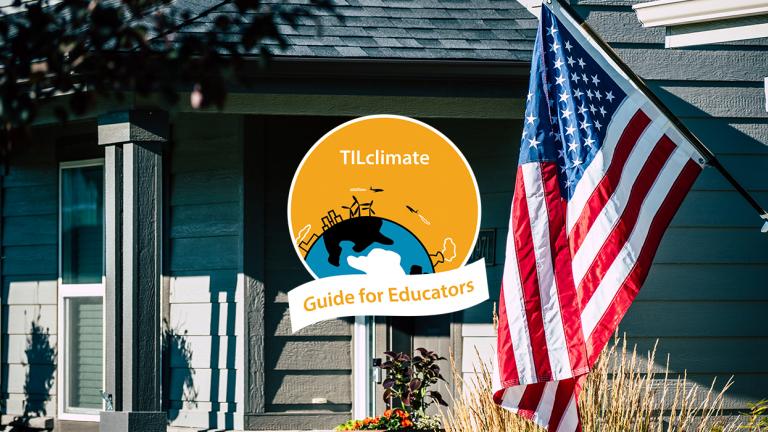
This Guide for Educators was developed by the MIT Environmental Solutions Initiative as an extension of our TILclimate (Today I Learned: Climate) podcast, to make it easier for you to teach climate change, earth science, and energy topics in the classroom. It is an extension of the TILclimate episode "TIL what Americans think about climate change."
Browse all TILclimate guides for educators.
Description
When discussing climate change in the media, we are often presented with two opinions: either climate change is happening, or it is not. The reality of American opinion is much more complex. After an introduction to media literacy, students explore data from the Yale Project on Climate Change Communication.
SWBAT:
-
Apply media literacy concepts to evaluate a message in the media.
-
Understand that American opinion on climate change is not as simple as two sides, and that most Americans are concerned about climate change.
-
Describe some patterns of American opinion on climate change.
Skills:
- Media literacy
- Data analysis
- Critical thinking
Standards:
-
RST.11-12.9 Synthesize information from a range of sources
-
HSN-Q.A.3 Choose a level of accuracy appropriate to limitations on measurement when reporting quantities.
-
HSS-IC.B.6 Evaluate reports based on data
Disciplinary core ideas:
-
ESS3.D Global Climate Change
What is included in this Educator Guide
- How to use TILclimate Educator Guides (Download)
- Full Educator Guide (Download)
- Includes both Teacher and Student pages
- Includes both Teacher and Student pages
- Teacher pages (Download)
- Includes materials, discussion questions, background resources, and adaptation suggestions for science, social science, and ELA teachers
- Includes materials, discussion questions, background resources, and adaptation suggestions for science, social science, and ELA teachers
- Student pages (Download)
-
Reading & Questions: Media Literacy
-
Reading & Questions: Cognitive Biases
-
Analysis: The Yale Six Americas Study
-
Investigation: Climate Opinion Maps (internet required)
-
Listen to the episode


